
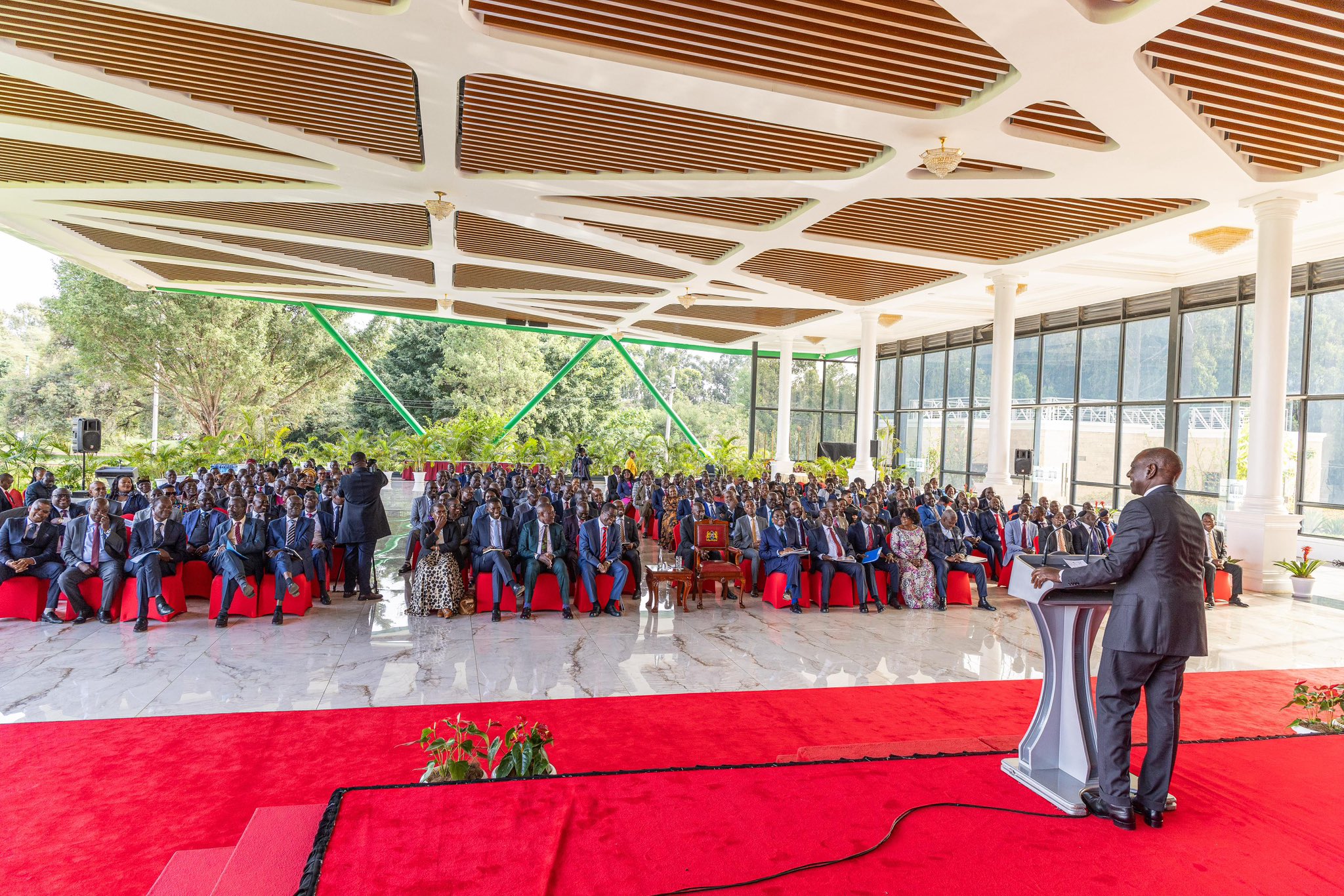
After a packed week in Nyanza region that culminated in the vibrant Madaraka Day celebrations in Homa Bay, President William Ruto returned to Nairobi for a full schedule of activities.
His agenda this week focused on strengthening national security infrastructure, deepening diplomatic ties, advancing economic transformation, and fostering collaboration across all levels of government.
Here is how it went down.
June 3 (Tuesday)
President Ruto officially opened the Central Bank of Kenya Police Housing Complex, marking a significant milestone in the government's mission to provide decent and dignified housing for security officers.
The facility includes 200 two-bedroom and 10 three-bedroom fully-furnished apartments for officers assigned to the Central Bank.
As part of the Affordable Housing Programme, 20% of the units will be reserved for officers from the Kenya Defence Forces, National Police Service, National Youth Service, and Kenya Prisons Service.
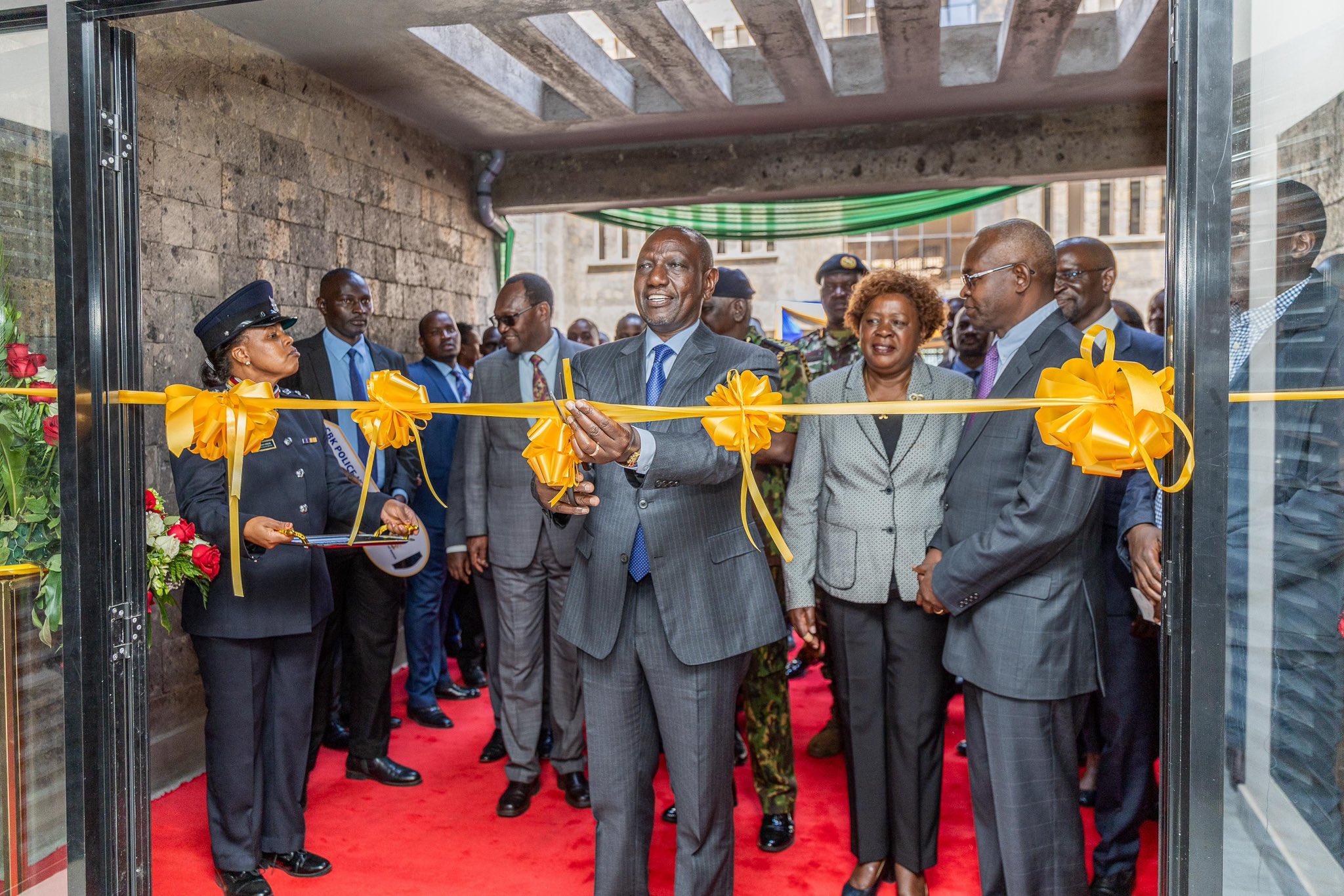
Beneficiaries will also access single-digit interest rate mortgages, with rates as low as 3% per annum.
Later in the day, he received Azerbaijan’s Foreign Minister Bayramov Jeyhun, who is visiting Kenya to bolster bilateral cooperation.
The two countries, he said, are expanding their collaboration in trade, green energy, mining, tourism, and people-to-people ties, building on the foundation laid by Azerbaijan's embassy in Nairobi.
He also met with British High Commissioner Neil Wigan to reaffirm the strategic Kenya–UK relationship.
Discussions focused on climate action, green growth, technology and innovation, and key infrastructure projects like the Nairobi Railway City and Malindi Solar Power Project.
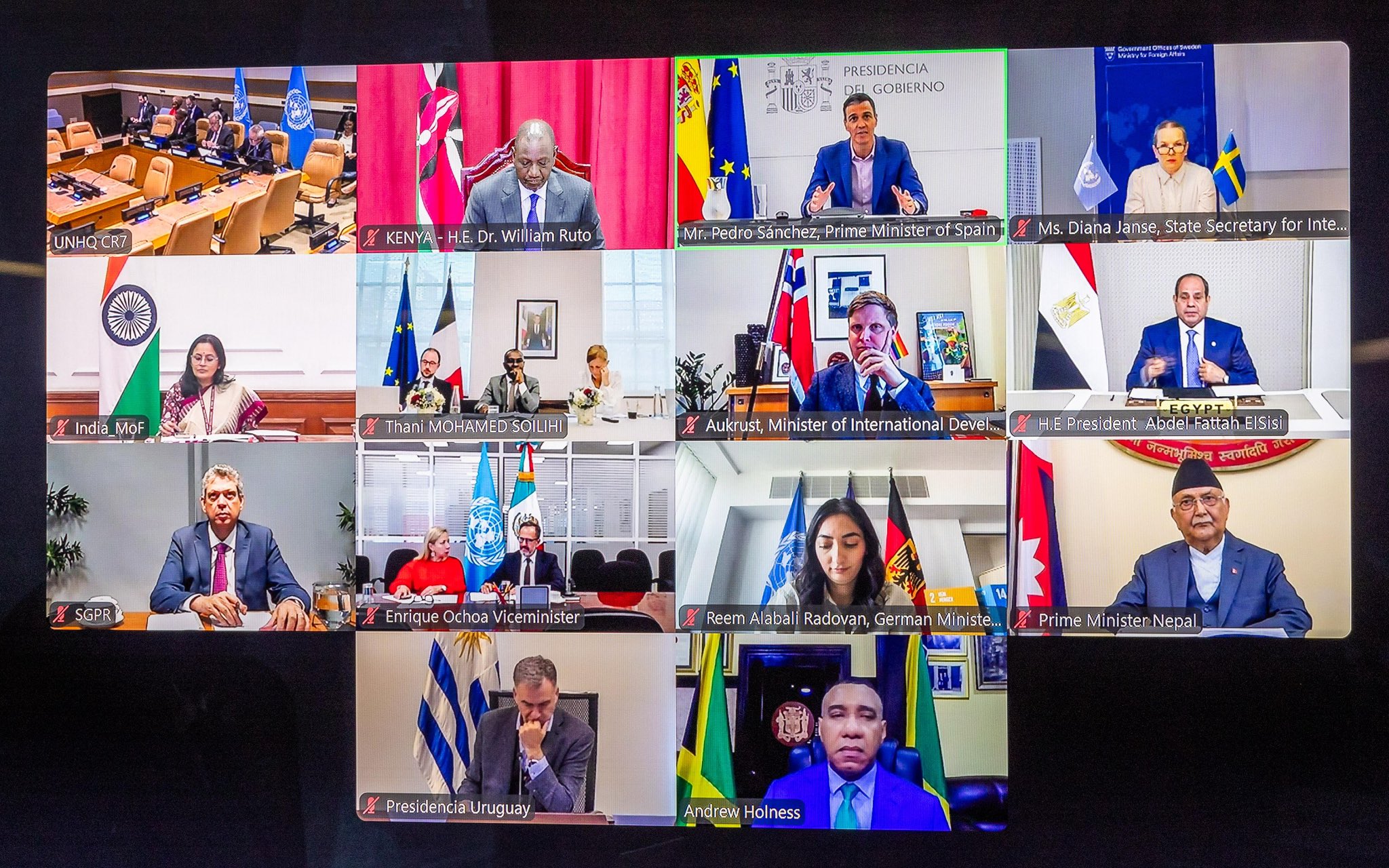
In the evening, he joined a virtual high-level meeting of the Sustainable Development Goals Stimulus Leaders Group, convened by UN Secretary-General António Guterres.
The dialogue, part of the lead-up to the 4th International Conference on Financing for Development in Seville, Spain, was also attended by Presidents Cyril Ramaphosa (South Africa), Hakainde Hichilema (Zambia), Abdel Fattah El-Sisi (Egypt), and Prime Minister Pedro Sánchez (Spain).
In his address, Ruto reiterated his call for a reformed international financial system that responds to the realities of developing countries.
Priority was given to creating debt crisis prevention tools and debt pauses during pandemics or disasters.
June 4 (Wednesday)
The president received the credentials of six new envoys to Kenya.
They are:
Ernest Rwamucyo (Rwanda)
Anthony Louis Kon (South Sudan)
Peter Kakowou Lavahun (Sierra Leone)
Chiranjib Sarker (Bangladesh)
Erika Álvarez Rodríguez (Dominican Republic)
Kan Yaw Kiong (Singapore)
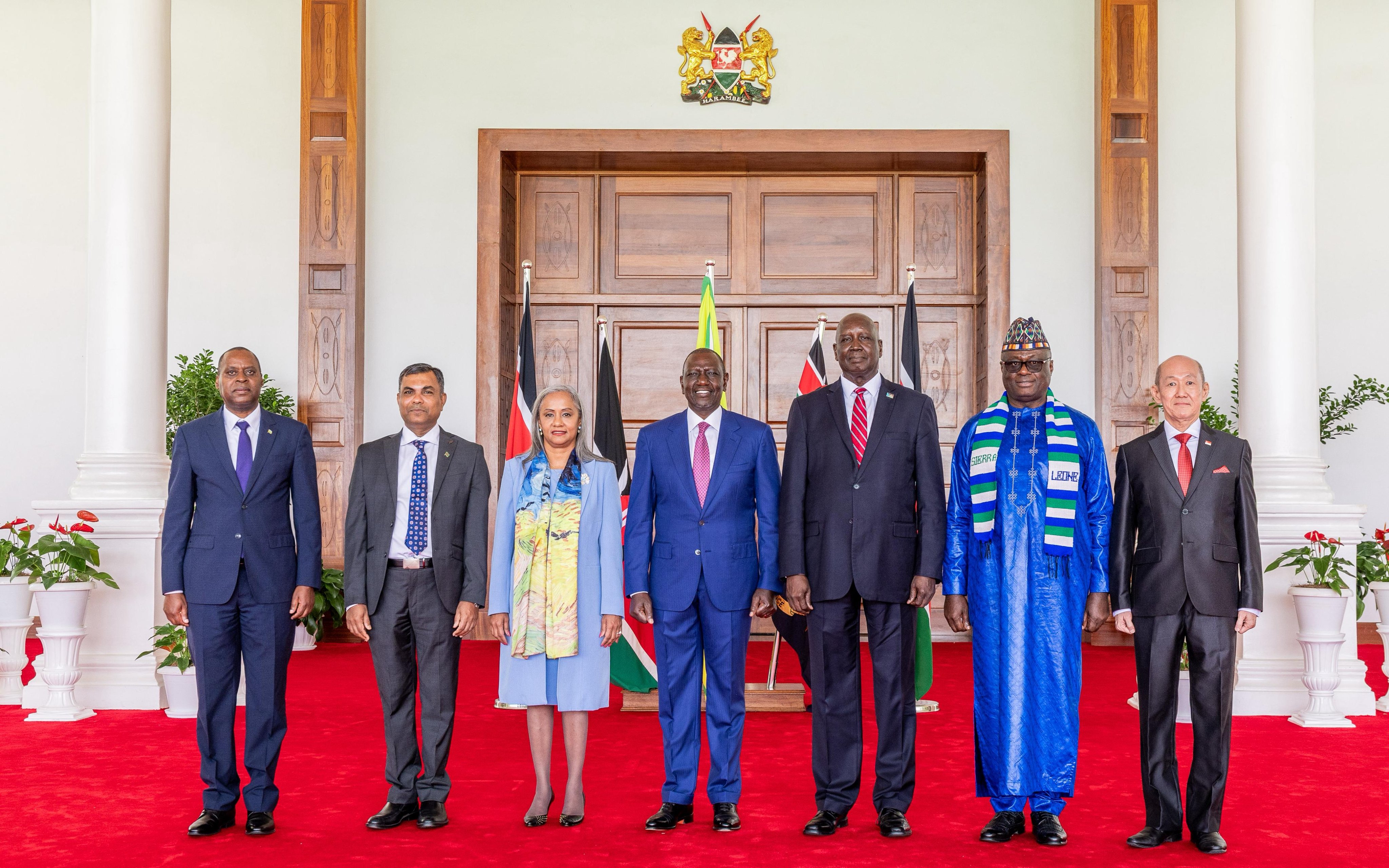
He welcomed the diplomats and wished them a successful tenure in the country.
Ruto later held a consultative meeting with Governors to assess intergovernmental development initiatives.
Key areas of focus included digitisation of public health facilities to eliminate ghost hospitals, agricultural reforms include consolidating agencies under the Ministry of Agriculture, introduction of an animal traceability system and e-voucher programme for vaccinations and leveraging the cooperative sector to boost productivity, raise farmgate prices, and improve farmer incomes.
"Sugarcane will never again be a poverty crop. Rather, it will be a crop that generates wealth and employment. That is why we are sustaining reforms in the sector to inject the much-needed professionalism, sound management and efficiency," he declared.
June 5 (Thursday)
He hosted leaders and businesspeople from Siaya County, where he outlined ongoing government investments in the region.
These are:
A Sh1 billion investment to upgrade the Usenge Pier and develop related port infrastructure for the blue economy.
Construction of 16 markets across the country at a cost of Sh2.5 billion.
A Sh1.6 billion allocation to connect over 16,000 households to electricity, catalysing entrepreneurship and local industry.
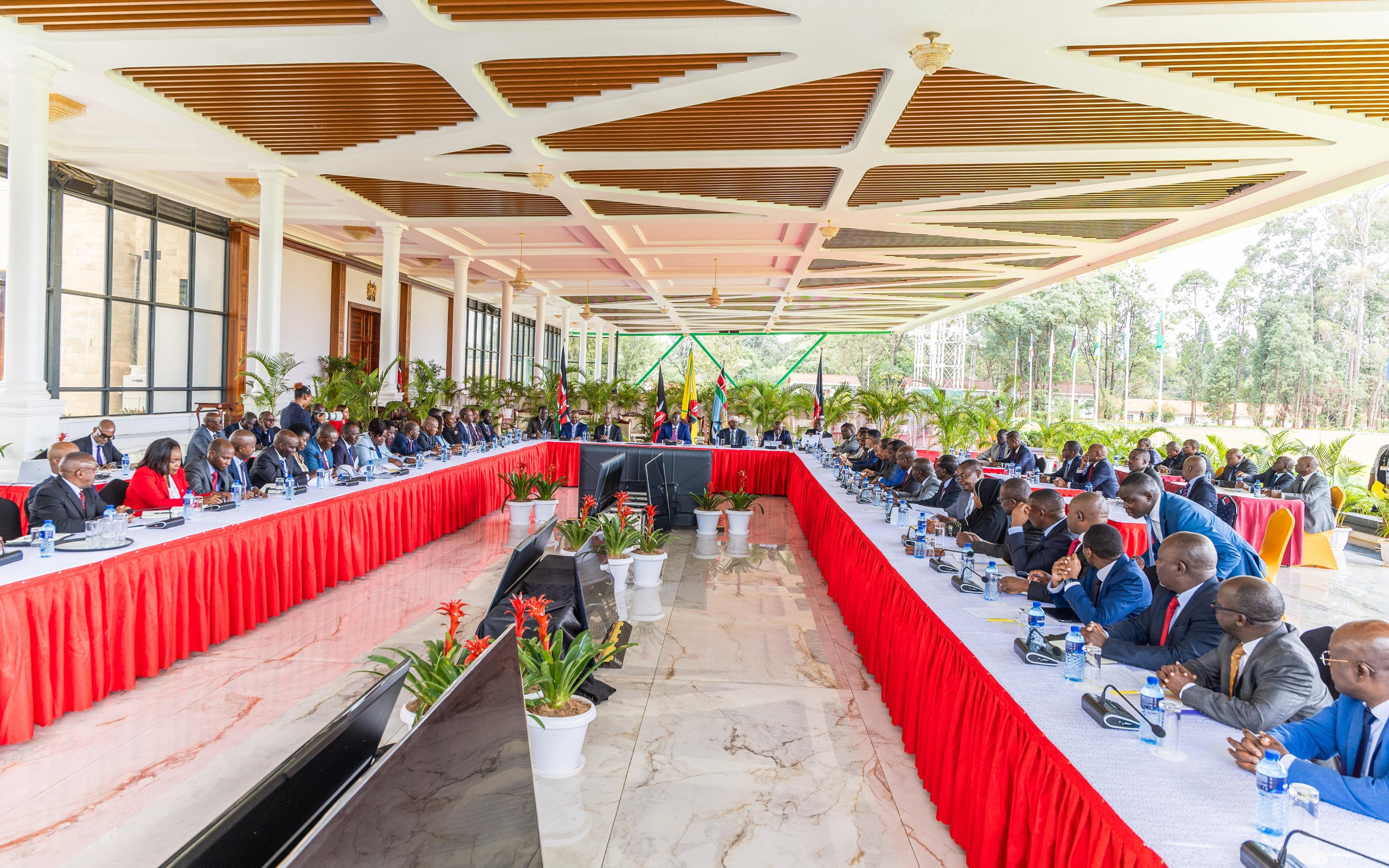
He also held a meeting with Members of Parliament from Vihiga, Kakamega, Busia, Bungoma, and Trans Nzoia Counties to align on development priorities and fast-track regional projects.
Additionally, he met with World Intellectual Property Organisation (WIPO) Director-General Daren Tang.
They discussed the future of Kenya’s creative economy, particularly the rise of young innovators monetising their ideas.
The President announced that Kenya is developing a new intellectual property policy that will include modern instruments to support creative and knowledge-based enterprises.
He emphasised the establishment of the State Department for Science, Research and Innovation as a clear signal of the government's intent to diversify and modernize Kenya’s intellectual property ecosystem.
June 6 (Friday)
In his capacity as Chairperson of the African Union’s Committee of Heads of State and Government on Climate Change, he convened a high-level consultative meeting on the Africa Green Industrialisation Initiative (AGII).
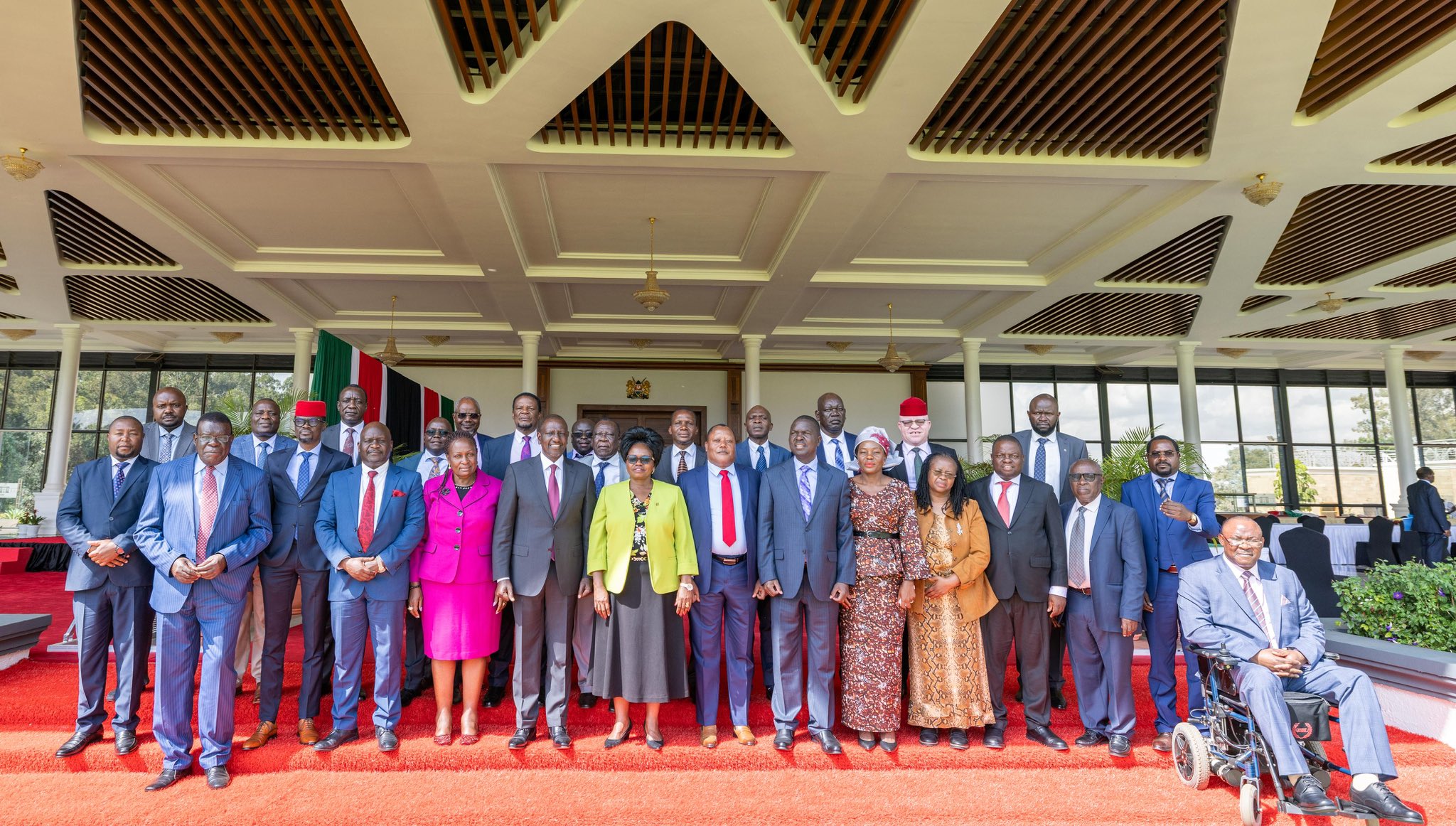
The discussions focused on mobilising local and regional private capital to invest in bankable, green industrial projects that will power Africa’s next industrial revolution.
Key participants included:
Prof. Pierre Moukoko (AU Reform Implementation Unit), representing AU Commission Chairperson
Wamkele Mene (AfCFTA Secretary-General)
Alain Ebobissé (Africa50 CEO)
Haytham Elmaayergi (AfriExim Bank EVP)
James Mwangi (Equity Group MD & CEO)
Joshua Oigara (Standard Bank CEO)
Jeremy Awori (Ecobank CEO)
Paul Russo (KCB CEO)
Frankline Edochie (Africa Finance Corporation, Metals & Mining)
Alex Mubiru (AfDB East Africa Director-General)












